My prediction was that there would be some form of an attack in the United States or possibly in the foreign territories or interests. My talk would have been a breakdown or dissection and contextualization of the event. And of course, so far in the Trump administration there’s no attack. Well, at least no real ones. Some of us might remember Bowling Green.
re:publica (Page 1 of 2)
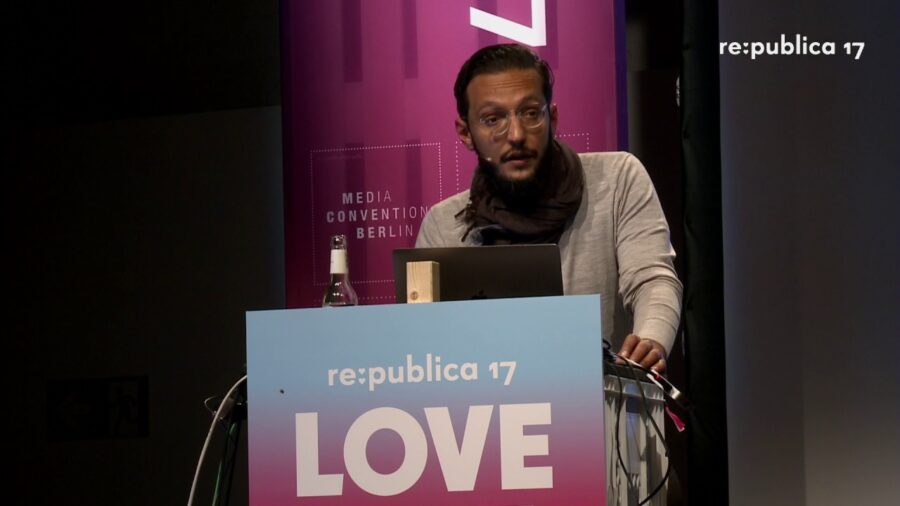
After the Next Attack: Terrorism in the Trump Era
presented by Saud Al-Zaid
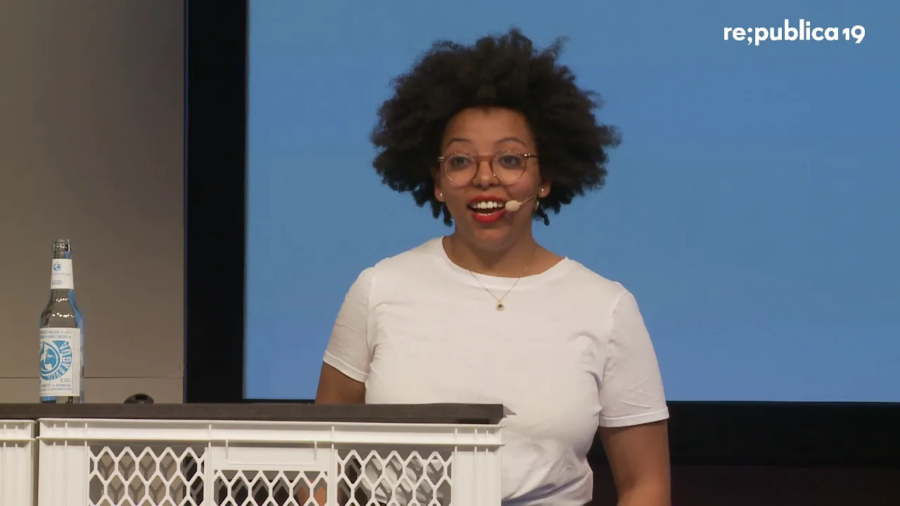
Where I come from and where the rest of the world is, the issue’s not intelligence agencies having backdoor access to our data. Yes, they do have backdoor access to our data, but they also have front door access to our data.

How To Lose A Country: The New Political Ice Age
presented by Ece Temelkuran
When did we decide that we no longer need to watch news? We no longer have to watch these disturbing images? That’s why I’m writing a book. I’m thinking about these issues.
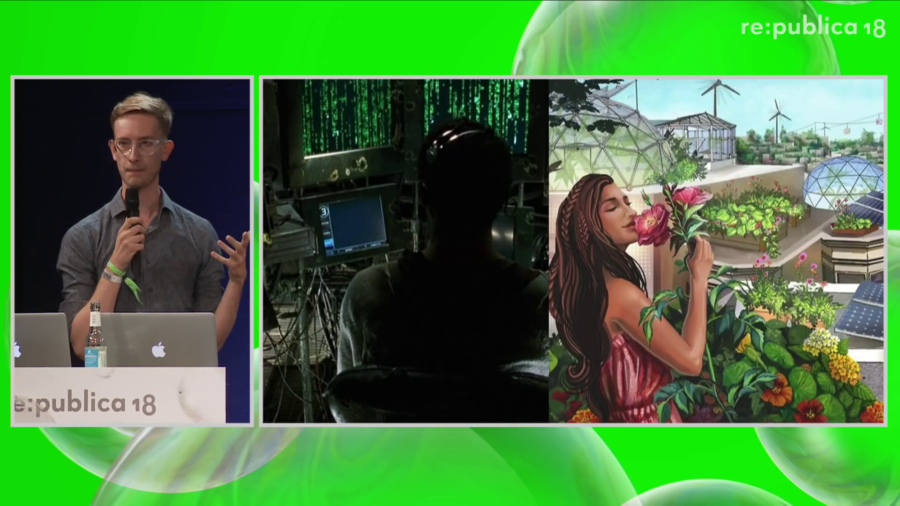
SolarPunk and Going Post-Post-Apocalyptic
presented by Andrew Hudson, Geraldine de Bastion, Maya Indira Ganesh, Mushon Zer-Aviv, Steve Lambert
Cyberpunks, they’re out pirating data and uploading their brains into video games. Solarpunks are revitalizing watersheds, mapping radiation after disaster or war, and bringing back pollinator populations. And since all great speculative fiction is really not about the future but about about the present, cyberpunk is about the politics of the 1980s, right. It was about urban decay and corporate power and globalization. In the same way, solarpunk is really about the politics of right now. Which means it’s about global social justice, the failures of late capitalism, and the climate crisis.
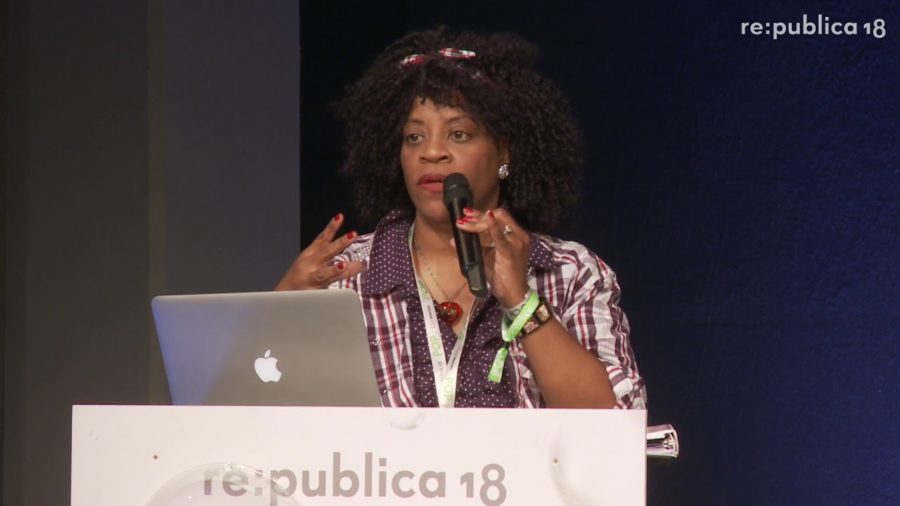
…And the Disability Revolution Will be Tweeted
presented by Robin Wilson-Beattie
I do disability and sexuality education. And activism and advocacy around sexuality and disability issues, and reproductive health issues. And I want to teach the world that people with disabilities have the right and ability to give and receive pleasure.

How an Algorithmic World Can Be Undermined
presented by danah boyd
All they have to do is write to journalists and ask questions. And what they do is they ask a journalist a question and be like, “What’s going on with this thing?” And journalists, under pressure to find stories to report, go looking around. They immediately search something in Google. And that becomes the tool of exploitation.
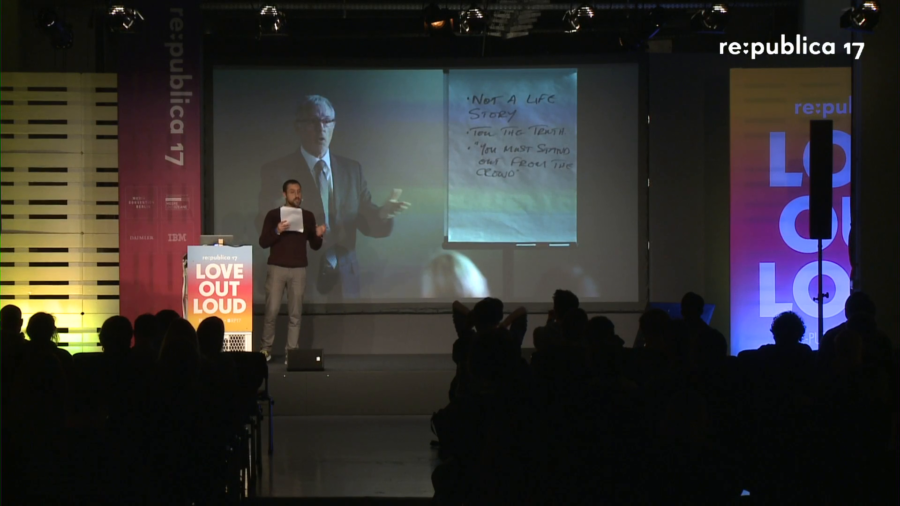
Welcome to the Entreprecariat — Disrupting Precarization
presented by Silvio Lorusso
The reciprocal influence between an entrepreneurialist regime and pervasive precarity, their ambivalent coexistence, is what the concept of the entreprecariat refers to. To articulate some of the ways in which this mutual influence takes place, I’d like to introduce what I would call a postulate of the entreprecariat. So here it is: The more precarity is present, the less entrepreneurialism is voluntary.
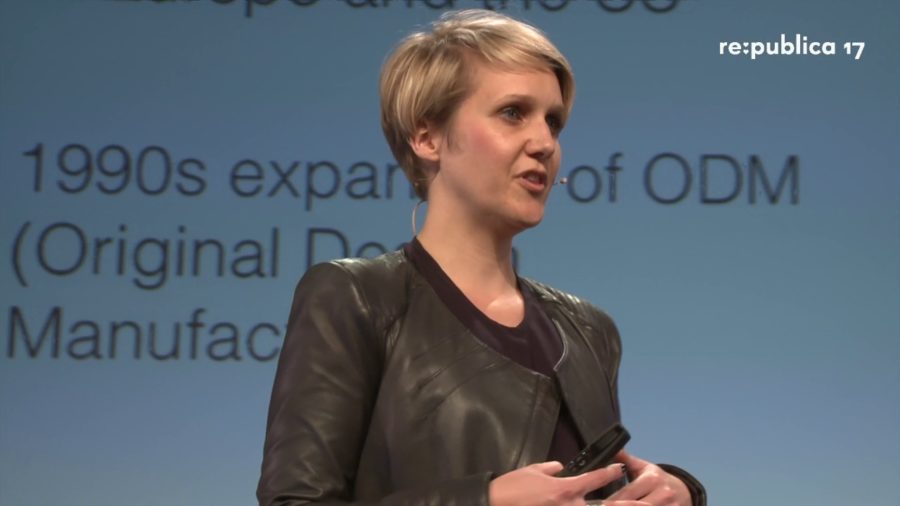
Ex Oriente Make
The Future of Maker Culture is Made in China
presented by Silvia Lindtner
Making took rise at a moment when people began— Not just scholars but also media—public media and people working in the tech industry—began critiquing earlier visions and ideas of the knowledge economy and saying the knowledge economy, or ideas like the creative class as propagated by Richard Florida, were sharply critiqued because they did not deliver what they had originally promised.
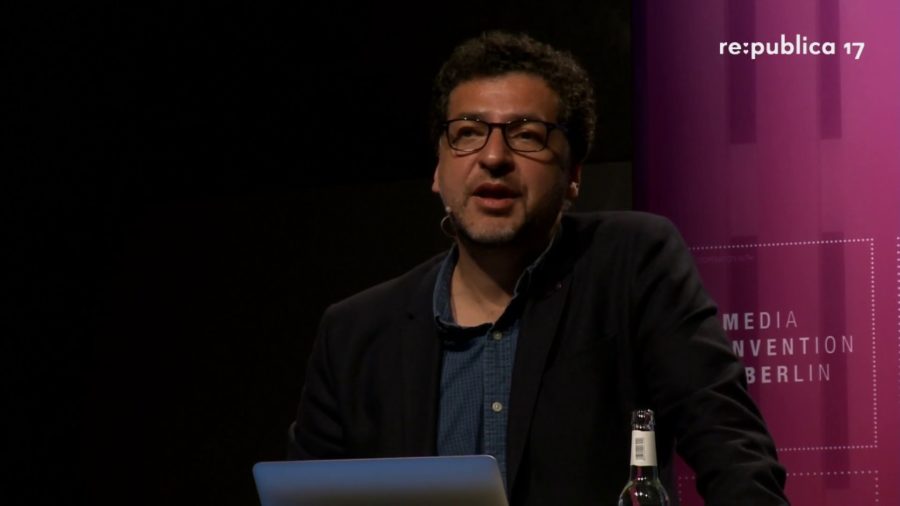
Whatever Happened to Our Dream of an Empowering Internet (and How to Get It Back)
presented by Andres Guadamuz
I felt very strongly that there is something that has been lost with the Internet. That I wanted to explore this. So I’m going to go into topics that are… I’m going to be informed a lot in my expertise in Internet regulation in some ways. But I’m going to talk to you mostly as an Internet user, as an avid Internet user, as a blogger of many years, as one of you.
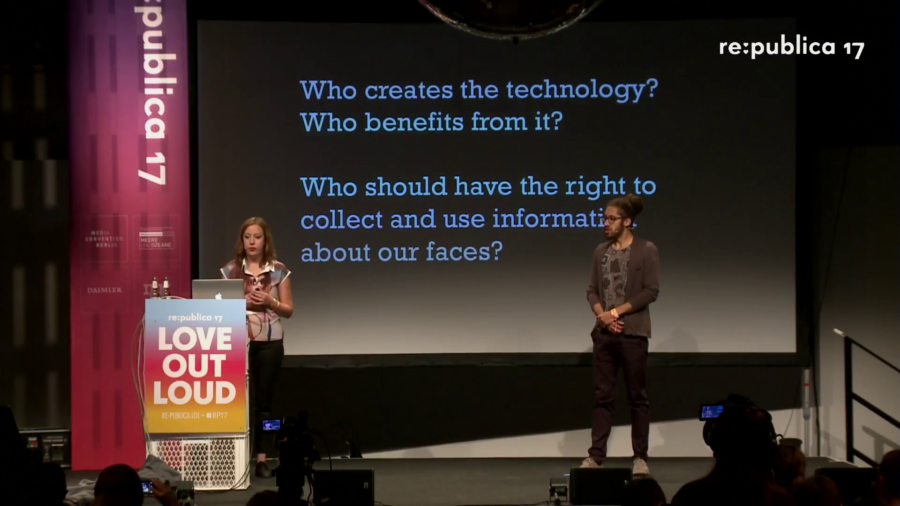
Your Body is a Honeypot
Loving Out Loud When There’s No Place to Hide
presented by Jillian C York, Mathana
We have to ask who’s creating this technology and who benefits from it. Who should have the right to collect and use information about our faces and our bodies? What are the mechanisms of control? We have government control on the one hand, capitalism on the other hand, and this murky grey zone between who’s building the technology, who’s capturing, and who’s benefiting from it.
